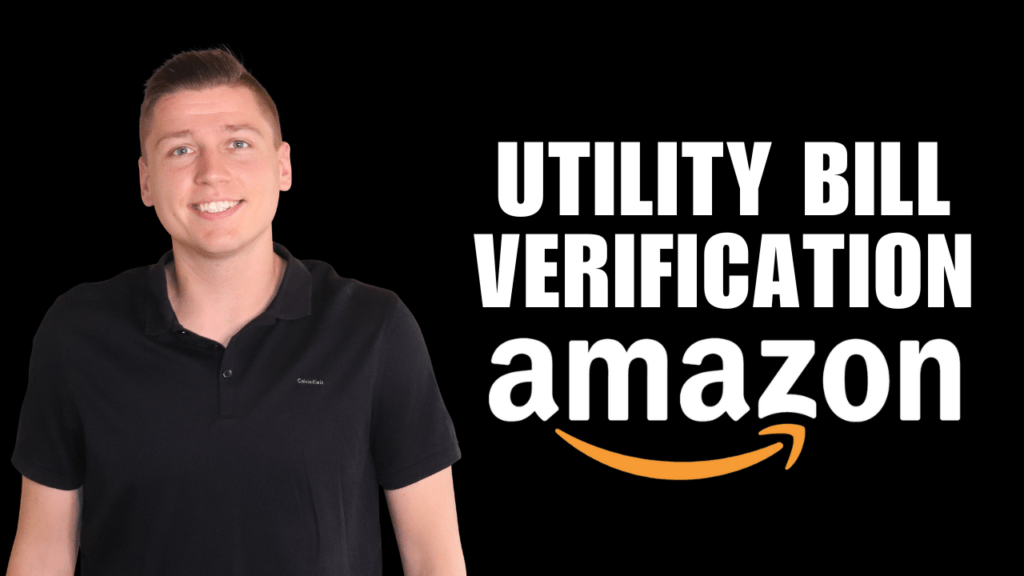
It’s easy to get confused by Amazon’s array of selling options.
But, for independent Amazon sellers, there are two main options to choose from.
FBM – Fulfillment by Merchant
Or
FBA – Fulfillment by Amazon (My preference)
Here’s what they both mean and their pros and cons.
What Exactly is Amazon FBM?
Let me break down the term Fulfilment by Merchant so it’s easier to understand:
YOU (the merchant) are responsible for printing labels, packaging, and shipping products that customers purchase from your Amazon listing, meaning you won’t deal with an Amazon fulfillment center (or pay any associating fees.)
So whether you do this yourself, or outsource the work, the responsibility is yours to get products to customers.
FBM Pros

Lower Overall Startup Costs – You’ll have lower startup costs since you’ll be avoiding Amazon fulfillment and shipping fees
Customized Packaging – FBM sellers don’t have to follow Amazon’s packaging guidelines; which gives sellers more packaging flexibility
No Storage Fees – Amazon charges more for storage depending on the time of year. With FBM, you don’t have to worry about fluctuating storage fees.
FBM Cons
Mistakes are on you – Shipping to the wrong address? Run out of stock? Sent the wrong product? These are left up to the merchant (you) to take care of.
Slower shipping times – It’s just becoming too hard for any business (let alone an individual seller) to compete with Amazon’s fulfillment and delivery speeds. Amazon is trying very hard to increase delivery speeds to minutes through initiatives like Prime Air, and will continue to push the envelope toward quicker delivery speeds.
Uneligible for Prime Day Sales and Special Events – Amazon hosts tons of yearly sales and events that can help boost sales. Sellers often see sales spikes during these times so missing out on these yearly sales events is a huge drawback.
What Exactly is Amazon FBA?
Amazon FBA stands for fulfillment by Amazon.
In this model, Amazon automatically ships and delivers packages as soon as they’re purchased using their massive fulfillment network.
How sweet is that?
So in short, Amazon does the majority of the heavy lifting while you sit back and enjoy passive income. It removes a lot of the tedious work, which I tend to hate.
It’s the model I prefer due to its scalability and sheer reach.
FBA Pros

Multi-Channel Fulfillment – Sellers can use social media and off-Amazon platforms to sell products, and still use Amazon’s logistics to fulfill orders. In most cases, apps and software are integrated to make buying easier for customers.
This gives sellers TONS of options for selling products on and off Amazon.
It’s Hands-Off – You’ll deal less with customers, returns, exchanges, etc. This gives you more time to scale and build your business.
Help from Amazon’s Arsenal of Tools and Programs – Amazon gives brands/private label products countless tools and add-ons to make earning profits easier.
- A+ Content
- Vine Program
- Sales events and offers (rebates, beta programs, etc).
Scalability – Amazon’s automation network means you can focus on expanding your business, entering new niches, and
Prime Seasonal Sales and Holiday Events – Amazon’s sales events push massive amounts of traffic to the website several times a year. The increased traffic means huge sales volumes for FBA sellers.
FBA Cons
Higher Start-Up Costs – FBA requires a higher initial compared to FBM. However, it’s still much cheaper than starting a brick-and-mortar physical store.
There’s a Learning Curve – There are countless steps to setting up a successful FBA business. And although there’s a bit of learning curve involved, it’s pretty straightforward once you get the hang of it.
Amazon Fee Increases – Seasonal storage fees increases can bite into margins and sometimes be difficult to plan around.
My Conclusion
In my opinion, the only option is FBA.
For me, the ability to scale the business alone is worth the extra work and slightly higher startup costs.
Of course, I’m biased, but I think the FBA model for:
- Financial freedom
- The ability to work from anywhere
- Peace of mind that comes with investing/saving for the future
Are You Ready to Start an Amazon FBA side hustle?

My Amazon Winners Academy (AWA) mentorship guides you through the entire Amazon FBA process and provides a community of support with others on the exact same journey.
You’ll get hands-on support from experienced sellers with your same goals and aspirations.
AWA gives you a much-needed safeguard from costly mistakes, dead ends, and failed product investments to efficiently reach your passive income goals.
So whether it’s solving issues with your Seller Central account, creative approaches to product research, scaling to new markets and niches, validating product ideas, customer service issues, and more, we’ve got you covered.
Learn more about it here.


